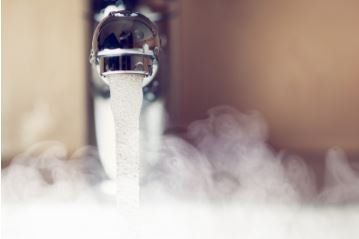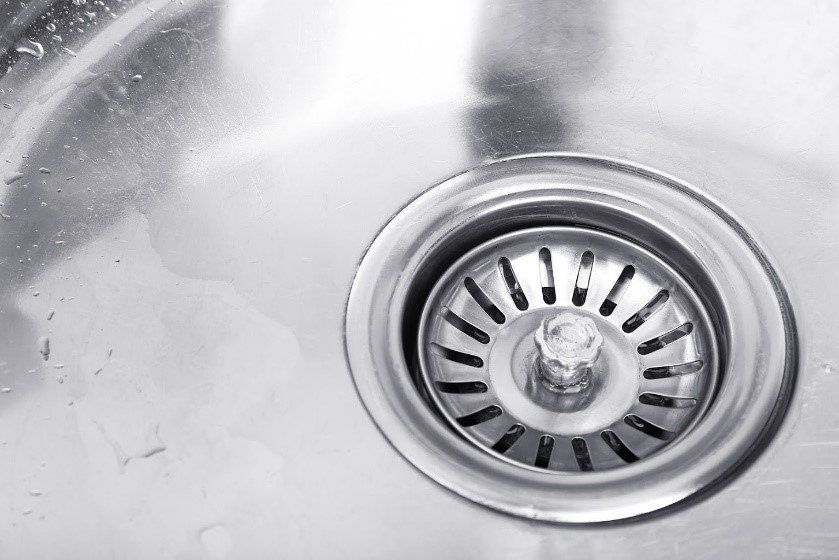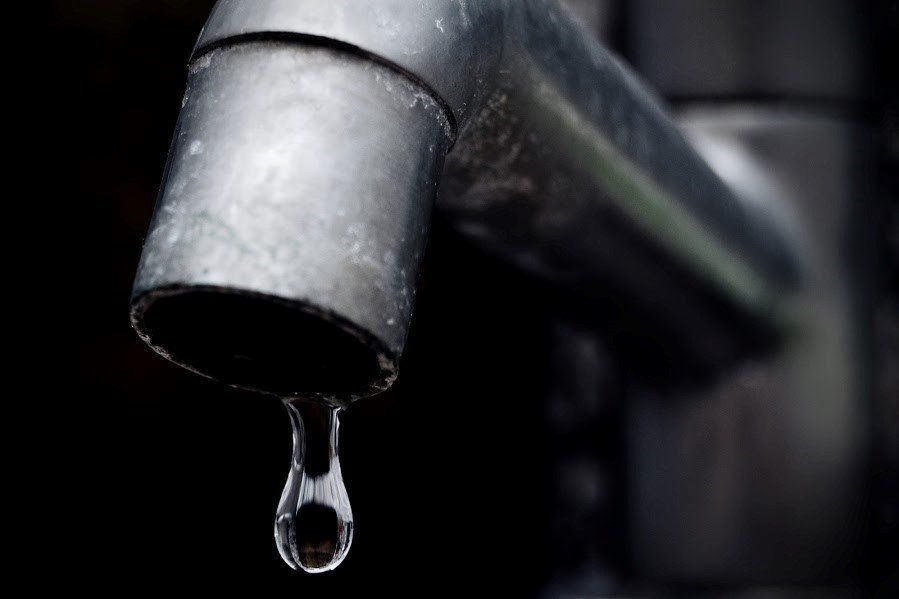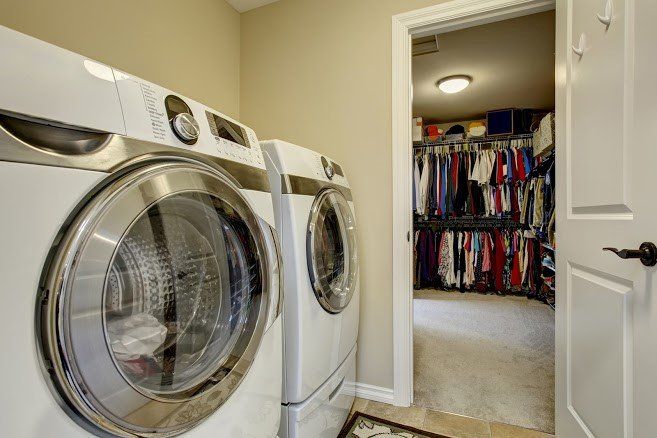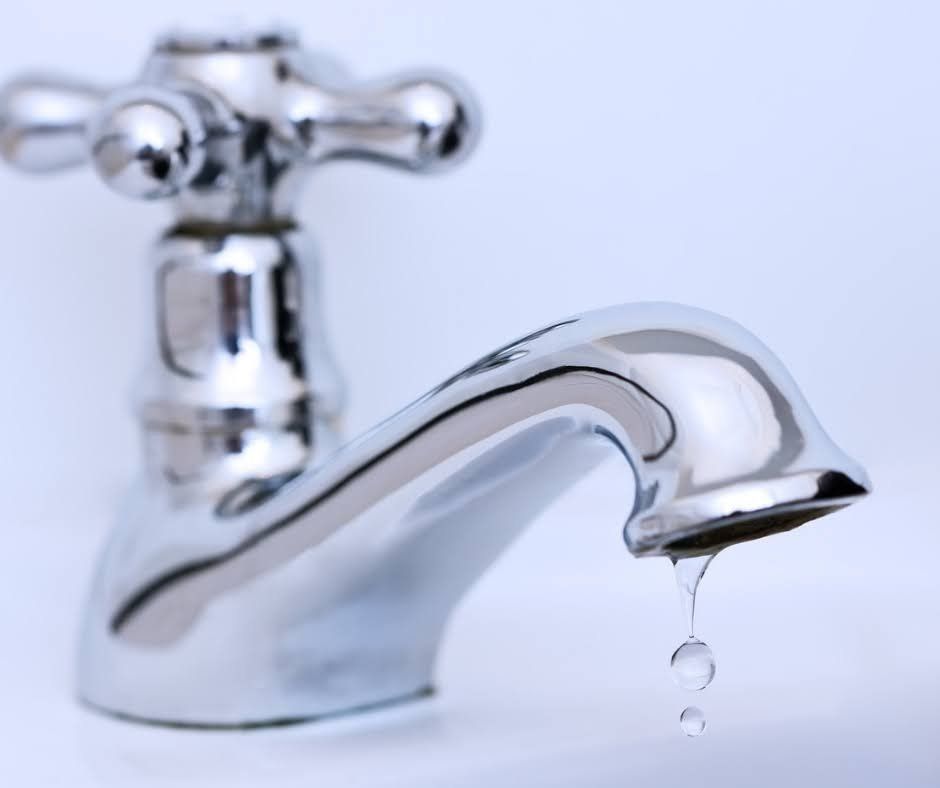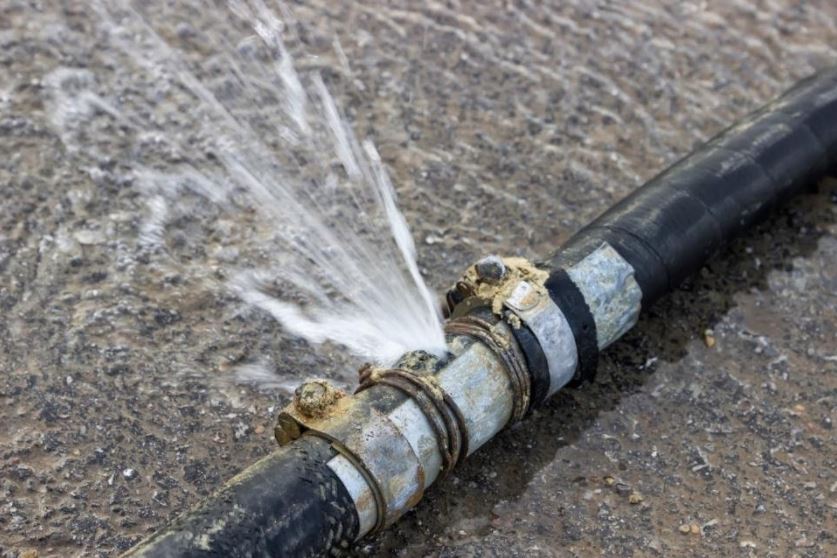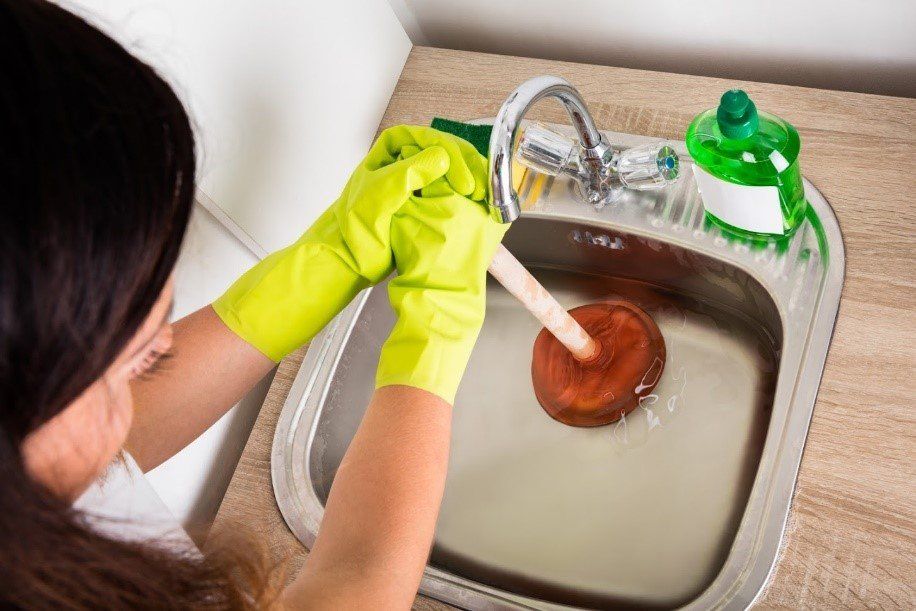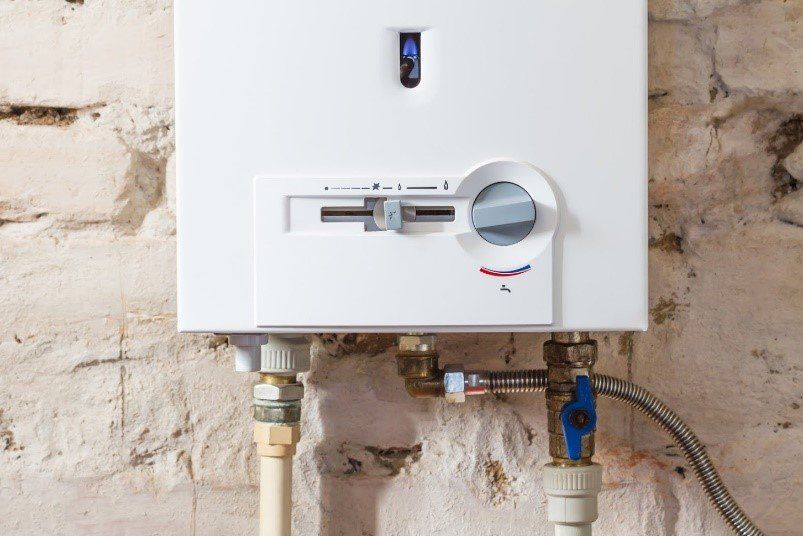Three Major Differences Between Water Heaters With and Without Tanks
If you're a homeowner, you understand the necessity of having a reliable water heater. These convenient appliances not only provide a way to take a relaxing shower but also provide hot water for important household chores, such as doing laundry and washing dishes.
If your water heater is on the brink of wearing out, you should replace it as soon as possible. When getting a brand-new water heater, you'll need to decide between getting a traditional storage tank water heater or one that is tankless. Even if you already have one or the other, you may not realize all the differences between the two.
In order to help you make the best choice possible to suit the needs of your household, consider these three major differences between tank and tankless water heaters.
1. Size
Since water heaters with tanks need to store water, this type is much larger than a tankless heater, so you'll need adequate space for it. Tank water heaters are usually about 60 inches tall and 24 inches wide. Most people put their tank water heater in their basement or in a closet.
Tank water heaters come in various sizes, depending on the water needs of your household. A good guideline to go by is how many people live in your home. If there are just one or two people, you can get by with a water heater that holds between 30 to 40 gallons of water.
For a household between two and four people, the capacity of your water heater should be between 40 and 60 gallons. If you have five or more people in your home, you'll probably need one that holds between 60 and 80 gallons of water. However, you should know that these guidelines aren't set in stone, and they can change depending on how much hot water you actually use.
If your water heater is too small, you might not have enough hot water to meet the needs of your household. If the tank is too big, the size could result in wasted water, not to mention a higher-than-necessary energy bill.
Tankless water heaters are much smaller, since they don't need to store water. Instead, they contain superheated coils that provide hot water on demand. Electric tankless water heaters are about 10 inches high by 7 inches wide. Gas tankless water heaters are a bit larger and measure about 30 inches high by 20 inches wide.
The smaller sizes of both electric and gas tankless water heaters allow them to be mounted on the wall, although you will need much more wall space for a gas unit.
A gas-powered water heater works better for more than two people. For larger households, one advantage of a tankless water heater is you can install more than one in your home. For example, you could install one each in the laundry room, the bathroom, and the kitchen.
2. Cost
Storage tank water heaters are considerably less expensive than tankless ones. According to Bankrate, the average water heater with a tank costs between $650 and $850, depending on what size you need. Tankless water heaters, on the other hand, can cost up to $1,500.
Despite being more expensive, some homeowners choose a tankless water heater because they are more energy efficient, which means the owners can save money on their energy bill. According to the U.S. Department of Energy, depending on how much water is used, tankless water heaters can be anywhere from 8% to 50% more energy efficient than tank water heaters.
When it comes to water use and energy efficiency, consider the following statistics about tankless water heaters:
- Homes that use about 86 gallons of water a day are 8% to 14% more energy efficient
- Homes that use less than 41 gallons of hot water a day are 24% to 34% more energy efficient
- Homes that have a tankless water heater installed wherever hot water is used are 27% to 50% more energy efficient
Depending on how much water your household uses, you can expect to save anywhere from $70 to over $100 a year on your energy bill, per Energy Star and Consumer Reports.
3. Life Expectancy
According to Apartment Therapy, one more major difference between storage tank water heaters and tankless ones is how long they last. If you want your water heater to last longer, you may want to install a tankless water heater, which lasts for up to 20 years. Compare this to a tank water heater, which normally lasts between 10 to 13 years.
As you can see, there is much to think about when choosing between a storage tank water heater and a tankless one. No matter which kind you choose, contact Scotto’s Plumbing for all your residential water heaterinstallation needs.



